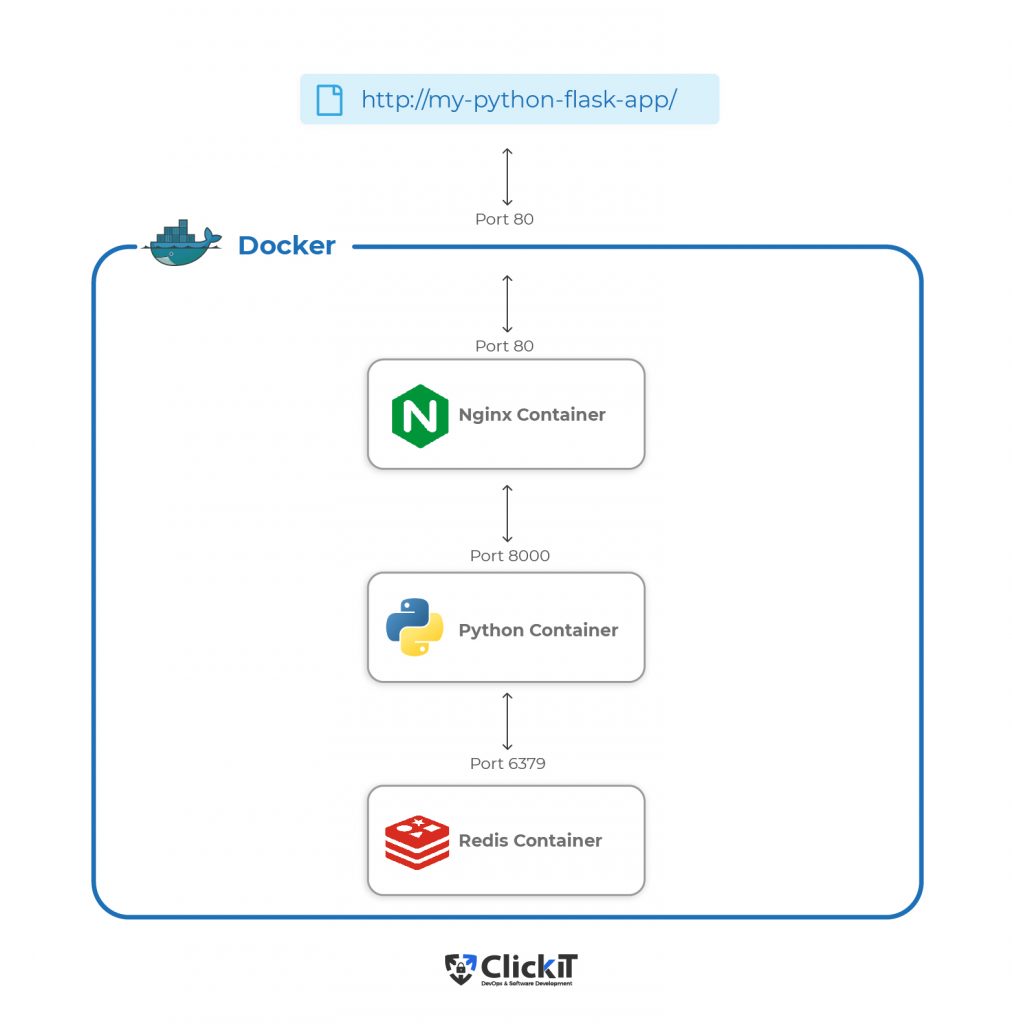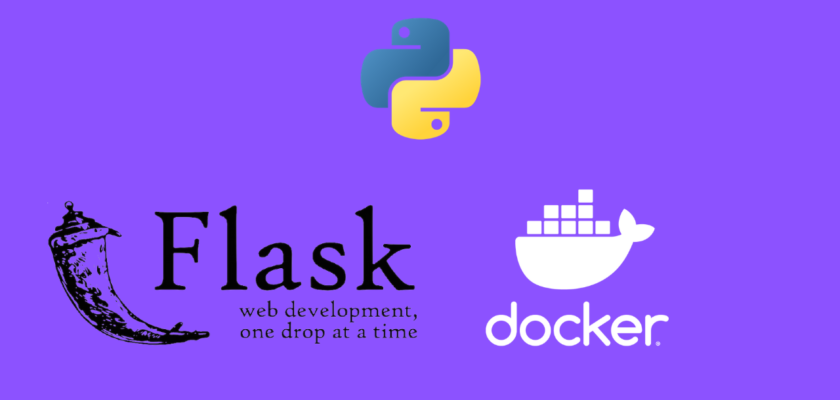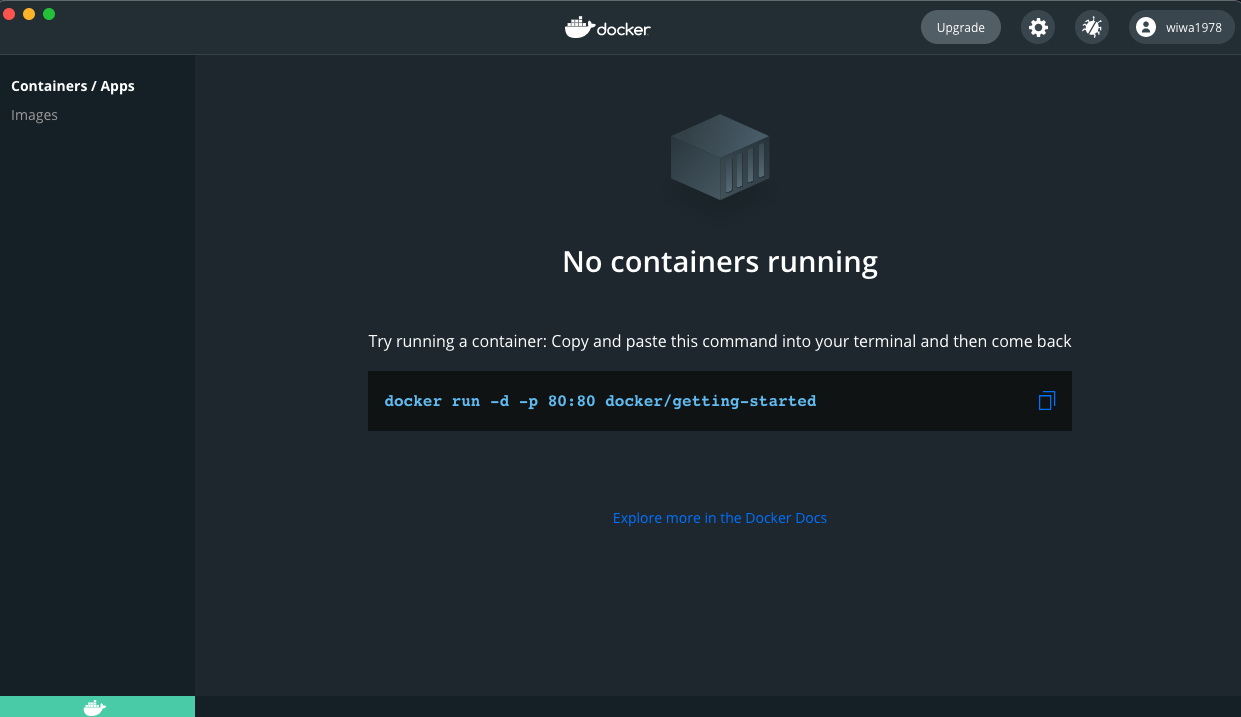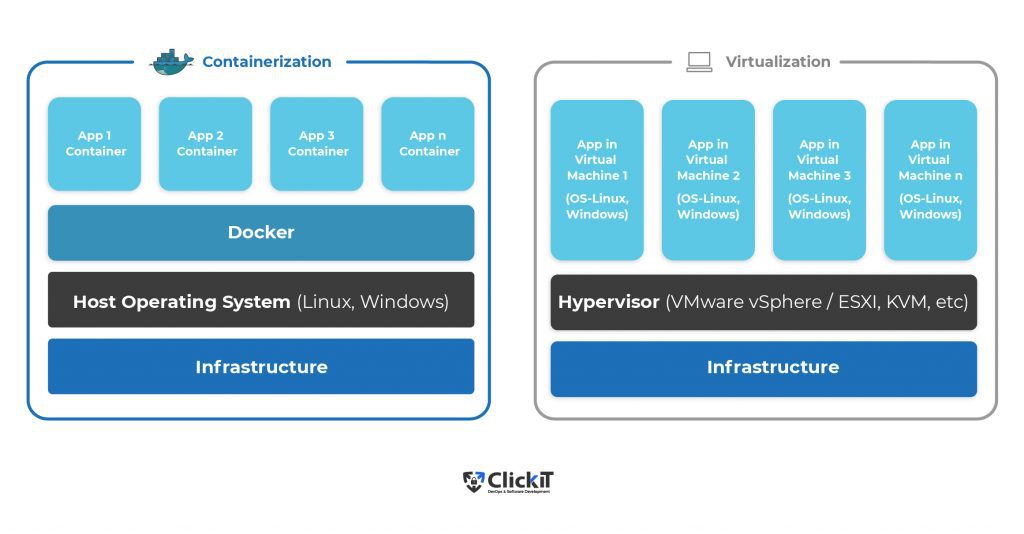Sudo docker run -ti -p 50015001 flaskproject bash. This will show you all of your containers that way you will be able to see if your container is actually running.

Deploy Your First Deep Learning Model On Kubernetes With Python Keras Flask And Docker Deep Learning Mysql New Tricks
The docker compose up command will start and run the entire app.

. Return Hello World if __name__ __main__. Now lets run the container and look at our Flask application. Though I modified my flask app and added apprun host0000 server was running but I can not access it in.
Basic Python Flask app in Docker which prints the hostname and IP of the container. This is the equivalent of cd into the directory. Now lets create a Dockerfile to Dockerize Flask Python Application and Nginx.
This answer is not useful. Add the following code to your new file. Follow the below steps to run the container.
This is a development server. Stay in the same directory homeubuntuclickittech and create a Dockerfile in the flask directory for creating an image of the Python Flask Application. Assuming you tagged the container as my_flask_app like I did above run it with.
Write Python code to process JSON file data and flush out output to indexhtml. Now browse to your droplets ip address and you should see Flask with docker. Create a repository on the Docker Hub.
This is a development server. Installs all the apps requirements. Build the Docker image manually by cloning the Git repo.
I had similar kind of issue when I was running flask app inside docker container. This App is built using Flask apprunhost0000 port8000 starts the web app at port 8000 Each line contains Python comments which starts. Our website collects the most.
FROM python37 RUN mkdir -p varapp WORKDIR varapp COPY. Show activity on this post. Docker run -p 808080 myimage However when I run a docker container with a simple flask app.
From flask import Flask server Flask__name__ serverroute def hello. Once youve added that code save and close the file. Docker run -d -p 8080 flask-image A few key notes.
The next steps will be changing the provided apppy and Dockerfile as well as adding some code of our own to access BigQuery. Run the Docker container. Then it instructs Docker to make the container available externally such as from our browser rather than just from within the container.
We are now successfully running a Flask application inside a Docker container. World apiadd_resourceHelloWorld get_image if __name__ __main__. Serving Flask app app lazy loading Environment.
From flask import Flask app Flask__name__ from app import views. Next you need to expose your docker port. To start the Docker container we use the docker run command.
From flask import Flask from flask_restful import Resource Api app Flask__name__ api Apiapp class HelloWorldResource. You can save and close the file. Set our working directory inside this Alpine box to usrapp.
After creating the Dockerfile and building the Docker image from it we can now run the Docker container with our Flask app. App Flask__name__template_folder Step 5. Building the container with Docker.
I have set the flask app to run on host 0000 with apprunhost0000. This small app will return an HTTP response of Hello World when we send a GET request to the APIs endpoint. Copies the local app folder to the working directory.
This line specifically instructs Docker to run our Flask app as a module as indicated by the -m tag. Cant access my application. Inside the bash run the command - python3 apppy.
We pass the host port. Docker container with Flask App. The containersjson file describes the settings of the containers that will be launched on the container service.
The first step is to slightly edit the existing Dockerfile to specify how our container will be created. Log in on your local machine. Now run docker ps to see all the running containers.
The above command runs the image by connecting the ports and opens the bash. CMD python3 -m flask run --host0000 Since we had. Now create a flask app as follows.
You can now access the Flask application via your favorite web browser by vising the URL httplocalhost5000. Now we will use the Dockerfile to create the image of the flask app and then start the flask app container. Hi there sebobill I would recommend running the following command.
Replace the existing Dockerfile code with. Dockerfile for Flask Python Application. Published 15th December 2020.
Attaching to app_flask_1 flask_1 Serving Flask app apppy flask_1 Environment. Flask run --host0000 is useful in case you want to access flask server externally. Python image to use.
Deploying our Flask app to Docker Hub Step 1. 51 Create a new file containersjson. FROM python38 WORKDIR code COPY requirementstxt.
Production flask_1 WARNING. If you dont already have an account proceed to sign up on Docker Hub. Replace the X in flask-serviceflask-containerX with the numeric value from the previous step.
Your flask app should now be running - go to your servers IP address in your browser. Create a sample JSON data file. Varapp RUN pip install --upgrade pip RUN pip install -r requirementstxt EXPOSE 5000 CMD pytest -v teststest_flask_apipy CMD python3 apppy CMD python3 -m Flask run --host0000.
Running the Docker Container We have the Dockerfile created in above section. 80-t my_flask_app-p connects port 80 of the Docker container to port 80 of your machine so HTTP can work-t again specifies the tag of the container we want to run. Here we will run the flask app using pythons -m and --host0000 will make the server publicly accessible.
Edit the file and add the following code. When docker run is. You will see something like this appearing on the screen.
The best website to find answers to your docker questions. Rootdocker docker run -d -p 805000 morganpageflask-docker. From flask import Flask app Flask __name__ approute def hello_world.
Also if the container is running you will see the port that the container is bound on and try to access it on that specific port. The next step is to log in on your local machine to create a connection between.

Deploy Multiple Flask App Using Docker Flask Application With Ec2 Instance Using Docker P9 Youtube

Create Docker Container Images Deploy Flask App On Ecs Using Fargate P2 Youtube

How To Dockerize Flask Python Application

Containerize A Flask Application Using Docker Deployment Pyshark

How To Dockerize Flask Python Application

Pin On Information Technology Lectures


0 comments
Post a Comment